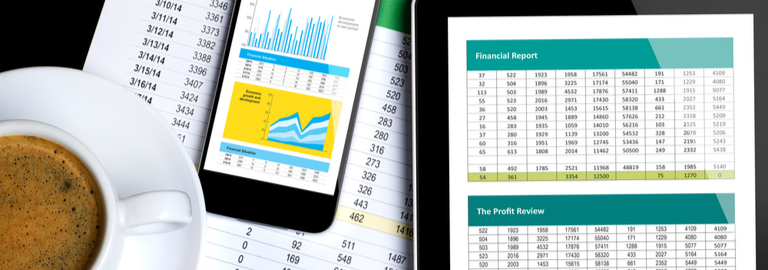MTD extension opens opportunities for tech vendors
HMRC’s draft tax system agenda to expand the customer base of software providers
HMRC’s draft tax system agenda to expand the customer base of software providers

HMRC plans to modernise the UK’s tax system have been roundly accepted by tech vendors operating in the space.
“It enables us to extend our reach because more micro-businesses are going to start using digital accounting software,” says Nick Longden, vice president sales at FreeAgent.
From April 2022, Making Tax Digital (MTD) will be extended to all VAT registered businesses with turnover below the VAT threshold and from April 2023, the rule will also apply to taxpayers who file income tax self-assessment tax returns for businesses or property with income over £10,000 each year.
The development of MTD will provide software providers with a new group of clients as these will be compelled to file their tax digitally, according to Michael Awuye, technical senior accountant at Crunch.
“Many of these micro-businesses and small businesses who are not VAT registered are less financially-savvy as those businesses in the first wave; they probably don’t have specific financial experts. In the second wave, a lot of these businesses are going to be plumbers, electricians, landscape gardeners – people who are self-employed and don’t employ anyone –which is a huge amount of the UK business population.”
Paul Nicklin, technical director at inniAccounts, says the extension presents an opportunity for businesses now included in the scheme – as well as vendors.
“There’s a big opportunity for vendors and the customers in the self-assessment space. With HMRC acting as a central hub for all of your data, you can pick and choose your providers without fear of lock-in and vendors can operate in a narrow area, confident that the other aspects of the scope are dealt with by others,” he said, via email.
HMRC’s digital tax plan is also expected to accelerate the product roadmap of tech providers, says Longden.
“From a technological perspective, it allows us to accelerate some of the things in our product roadmap that we were intending to do and now we’ve got the clarity of the government’s dates and HMRC’s announcement which have solidified those plans.”
Vendors will have to accommodate their software for small businesses who often lack experience with digital processes.
“A lot of it comes down to not building complexity into the software,” says Longden. “It involves taking the complexity out of the software. It allows tech vendors to look at how their small business customers are interfacing with the software and using it. A lot of these businesses will want to be able to do their finances on the go – therefore mobile technologies can be key to making it as easy as possible for these micro-companies.”
Micro-businesses will also be able to gain visibility over their finances and curtail bookkeeping errors.
“Change is always daunting, but it’s an opportunity for the industry to level up and for accountants to guide businesses through these new processes as they come into effect. In the longer term, it will mean less paperwork, fewer mistakes, and more time for accountants to focus on advising clients,” said Damon Anderson, director of operations UK and EMEA at Xero, via email.
“It’s a massive opportunity to increase efficiency, standardise processes, reduce errors and enable more proactive tracking. By submitting tax digitally via cloud accounting technology, businesses will gain real visibility and control over their data and become more integrated with the industries in which they work.”
While the rule creates opportunities for vendors, Nicklin warns that HMRC’s approach will mean that software providers will try to withhold free offerings.
“It generates more work and it’s good for the customer as HMRC has said that it would like to see a ‘free tier’ offered by every vendor. As good as this might sound, there is a watch out; the US adopted this “vendor only” approach and the vendors – many operating in the UK too – went to great lengths to hide free offerings.”
“However, any change like this should not be underestimated. It is the job of MTD vendors to work closely with HMRC and the accounting industry to ensure it is a success,” adds Anderson.
An HMRC spokesperson said the regulator isn’t expecting all developers to offer a free version but forecasts that some providers will offer free versions.
A software choice page is also available for users to view which products have a free offering – an initiative from HMRC to ensure the same issue that occurred in the US wouldn’t happen in the UK.
“There will be free MTD software available for businesses with the simplest tax affairs. There are already over a dozen free packages, over 50 trade-specific products, and over a dozen accessible products, for VAT,” said the spokesperson, via email.
“More than 250 subscription-based software products already being used by many small businesses were upgraded to MTD for VAT for free, including products from major providers such as Sage, Iris, QuickBooks and Xero.”